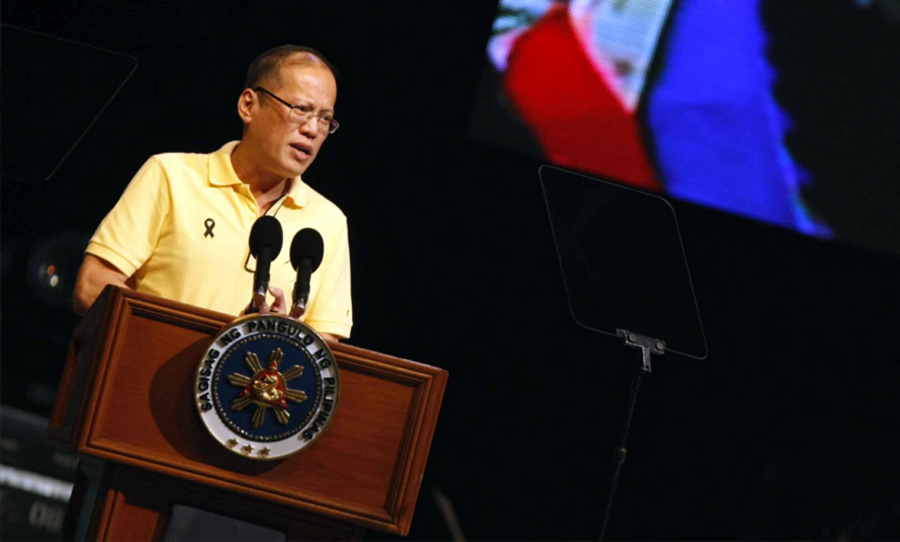
A lawmaker allied with the administration in the House of Representatives took the cudgels for the Aquino administration amid accusations that it did nothing to save Overseas Filipino Worker or OFW Carlito Lana from being beheaded in Saudi Arabia.
Valenzuela City Congressman Win Gatchalian, a member of the Nationalist People’s Coalition or NPC, emphasized that Philippine authorities in Saudi Arabia tried to convince the family of the slain Saudi national for a settlement to commute the death sentence to a lesser punishment.
“Apparently, the victim’s family refuse to accept any blood money which is the reason why Saudi authorities pushed through with the execution of Lana,” said Gatchalian, who represents Valenzuela City’s first district.
The member of the House Committee on Foreign Affairs surmised that the Saudi victim’s family refused to make a settlement with Lana because of the manner of the victim’s death.
Gatchalian issued the statement after the Saudi Press Agency has reported that OFW in Saudi Arabia was executed last week for shooting his Saudi employer and then running him over with a car owned by the slain Saudi national.
Communications Secretary Herminio Coloma Jr. insisted the government did everything to save Lana: “We ensured he will be afforded his legal rights. Our embassy in Saudi got the services of Al Quwaizani law office to represent him in all the legal processes.”
Coloma added the government also facilitated the travel of OFW’s mother to Saudi Arabia, noting that Lana’s mother was able to visit twice. He said financial help has also been extended to Lana’s family. Lana was survived by his three kids.
Gatchalian recalled that it was different with the case of Sarah Balabagan since it was established by the Shariah court that she killed her employer to defend herself from his sexual advances. The sons of the deceased also agreed for a settlement of blood money, which saved Sarah from execution.
The following is a brief background on the Sarah Balabagan case:
Shortly before the incident, Sarah went to the work agency that had brought her to the United Arab Emirates to complain about her employer’s abuses and sexual harassment. But her plea fell on deaf ears and was instead, advised to give in to her employer’s wishes. Sarah attended household work not only for her elderly employer who was a widower or a divorcee, but also for his four sons.
On July 19, 1994, Sarah stabbed to death 34 times her 85 year-old employer Almas Mohammed Al-Baloushi, for allegedly trying to rape her.
Initially, not one of the victim’s four sons showed hatred for Sarah. They were convinced that their father was to blame and that he was capable of doing the act. The court ruled a verdict on June 26, 1995 that she was guilty of manslaughter as well as a victim of rape. For manslaughter she was meted 7 years imprisonment and was ordered to pay $40,000 blood money to the heirs of her victim.
At the same time, she was awarded $27,000 as compensation for the rape. The prosecution appealed the verdict, calling for the death penalty. A 2nd Islamic court on September 6, 1995 favored the prosecution. It found no evidence of rape and convicted her of premeditated murder. She was sentenced to die by firing squad.
Meanwhile, Sarah languished in the Al Ain Central Jail for two years while both Philippine and Arab authorities examined her case. An international outcry on Sarah’s case prompted then UAE President Sheikh Zayed to appeal for mercy, resulting in the victim’s family agreeing to drop their execution demand in exchange for blood money.
On October 30, 1995 at her third trial, Sarah’s sentence was reduced to one year imprisonment,
100 lashes, along with payment of P1 million blood money, which was donated by Filipino businessman William Gatchalian. (R. Burgos)


